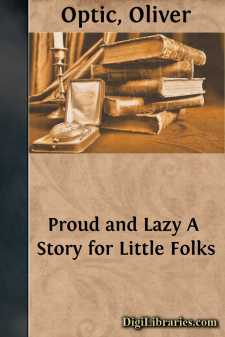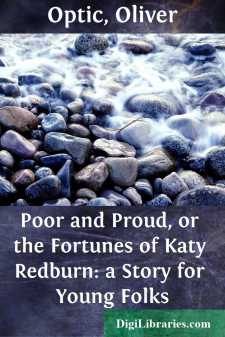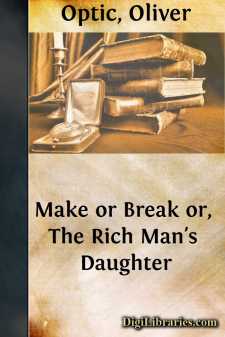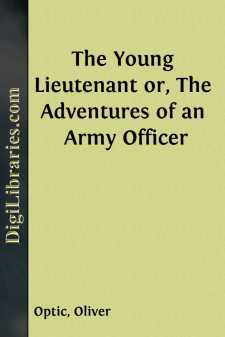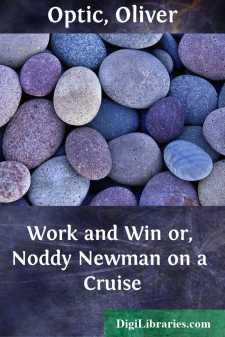Categories
- Antiques & Collectibles 13
- Architecture 36
- Art 48
- Bibles 22
- Biography & Autobiography 815
- Body, Mind & Spirit 144
- Business & Economics 28
- Children's Books 18
- Children's Fiction 14
- Computers 4
- Cooking 94
- Crafts & Hobbies 4
- Drama 346
- Education 58
- Family & Relationships 59
- Fiction 11835
- Games 19
- Gardening 17
- Health & Fitness 34
- History 1378
- House & Home 1
- Humor 147
- Juvenile Fiction 1873
- Juvenile Nonfiction 202
- Language Arts & Disciplines 89
- Law 16
- Literary Collections 686
- Literary Criticism 179
- Mathematics 13
- Medical 41
- Music 40
- Nature 180
- Non-Classifiable 1768
- Performing Arts 7
- Periodicals 1453
- Philosophy 65
- Photography 2
- Poetry 896
- Political Science 203
- Psychology 44
- Reference 154
- Religion 515
- Science 126
- Self-Help 85
- Social Science 83
- Sports & Recreation 34
- Study Aids 3
- Technology & Engineering 60
- Transportation 23
- Travel 463
- True Crime 29
Our website is made possible by displaying online advertisements to our visitors.
Please consider supporting us by disabling your ad blocker.
Proud and Lazy A Story for Little Folks
by: Oliver Optic
Categories:
Description:
Excerpt
PROUD AND LAZY.
I.
Tommy Woggs was a funny little boy. He was very proud and very lazy. He seemed to think he was a great man, and that other people lived only to serve and obey him.
None of the boys and girls liked him, because he used to order them round, and because he thought himself so much better than they were.
Tommy's father was a doctor, and a rich man. He could afford to have servants to wait upon his son, but he was not quite rich enough to spoil the child by letting him do as he pleased.
There are some things that wealth cannot purchase. It will not buy wisdom, for all the money in the world would not teach a person even to perform a simple question in arithmetic.
It will not buy the love and respect of others. Many rich men are hated and despised by nearly all who know them.
So Tommy's father could not buy an education for his son, nor would wealth win for him the esteem of his companions. He must study like the children of poor people if he wanted to be wise; and he must treat them well, in order to obtain their good will.
Tommy did not like to study, and he did like to command others. He wished every body to think that he was better than they, because he had been to New York, and because his father was rich.
Children are just like men and women. They always find out the really good boys and girls, and love and respect them. And they never think much of those who think too much of themselves.
When Tommy was eight years old, his father sent him to the village school. It was a public school, and it was the best in the town. He had learned his letters at home, and was able to read a very little.
At first he was pleased with the idea of going to school, and did not even tell his mother he would not go. He was very apt to say he would not do anything, when he was told to do it.
I am sorry to add that his parents were very much to blame, for he was an only child, and they did not like to cross him. They did not make him "mind," as all good parents ought to do, and as all good children are willing to do. He used to have his own way; and when he went to school, he hardly knew what it was to obey.
Miss Dale, the teacher, gave him a good seat, when he first went to school, and spoke very kindly to him. For two or three days he got along quite well. It was a new thing to him, and he was pleased with the school and the teacher.
But in a little while he was tired of the place, and of the teacher, and he had yet to learn that he could not always have his own way.
On the fourth day of his school-life, when Miss Dale called him up to read, he made up his mind that he would not read.
"I don't want to read," said he.
"Perhaps you don't, Thomas. Do you know what your father sends you to school for?" replied Miss Dale.
"No, I don't."
"You must not speak so to me. Come here."
"I won't."
"Don't be naughty, Thomas. I asked you to come to me."
"I won't."
"If you won't come, I shall bring you."
Tommy didn't exactly know what to make of this; but the teacher did not give him much time to think about it, for she took him by the collar of his coat, and, in spite of his kicking and screaming, dragged him up to the desk....


